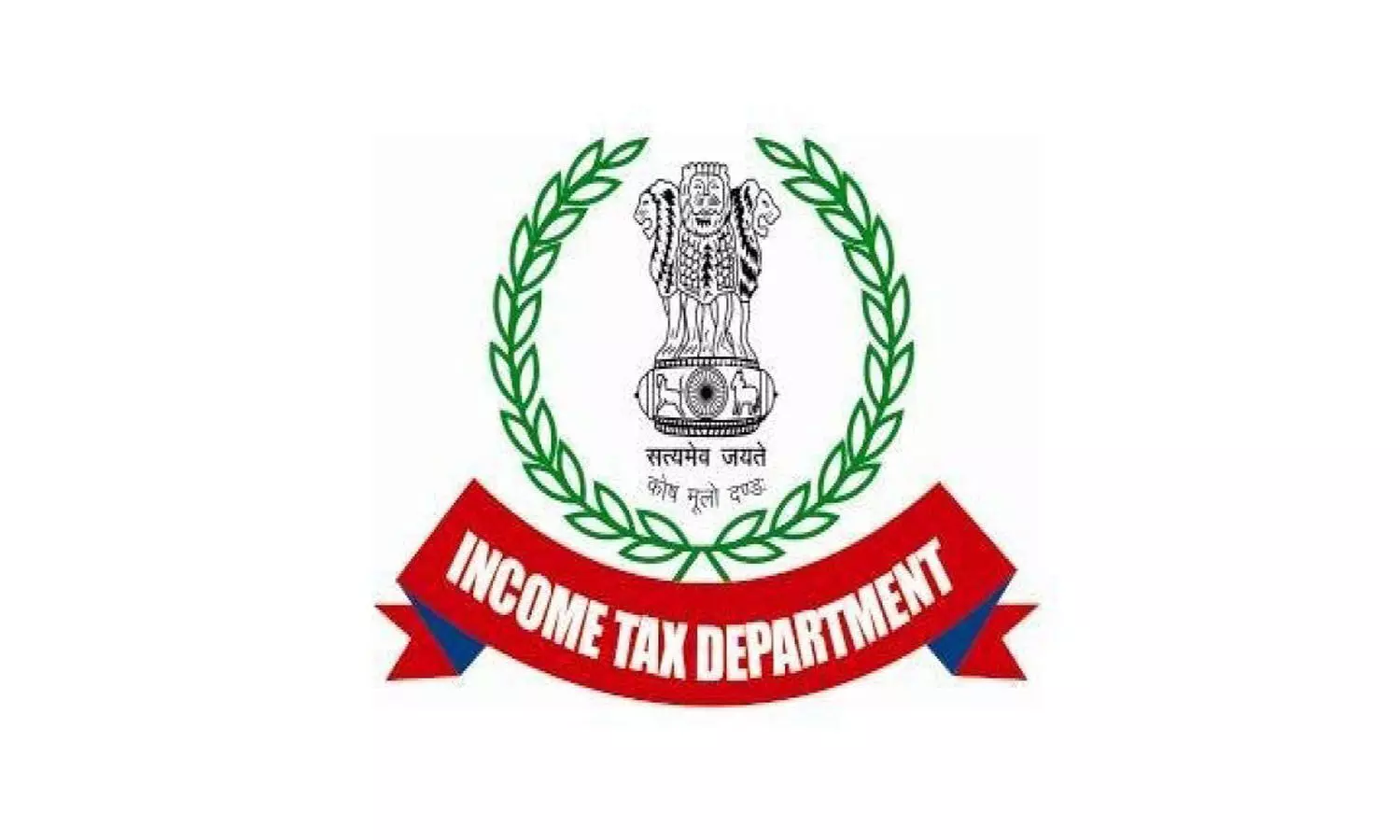Missed filing Income Tax Returns? Here's what you need to know
In this article, we explore the consequences of missing the ITR filing deadline and the steps that could be taken to file a belated return

HYDERABAD: The deadline for filing Income Tax Returns (ITRs) for the assessment year 2023-24 ended on July 31,2023. The Income Tax Department had urged taxpayers across the country to complete their ITR filing before Monday. However, many taxpayers found themselves racing against time to meet the deadline, especially considering the challenges posed by unforeseen circumstances such as heavy rainfall and floods, which led to concerns of missing the July 31 deadline. In this article, we explore the consequences of missing the ITR filing deadline and the steps that could be taken to file a belated return.
Should you file a return even if you get your salary after your employer deducted tax at source (TDS)?
Yes. TDS is deducted from the pay component, but a person may also earn money from other sources, such as interest from savings accounts, interest from term deposits, and income from real estate, among others. These could cause income to rise, which would raise taxes. Therefore, one should file a return to disclose all of their income and pay any taxes due. Additionally, in order to claim an income tax refund, a return must be filed. Furthermore, if a taxpayer's total income exceeds the exemption limit of Rs. 2,50,000, as per the Income-tax Act, they must file an income tax return.
Consequences of missing deadline
The Income Tax Department imposes certain penalties and interests for individuals who fail to file their ITRs before the prescribed deadline.
Late Fee: If you miss the July 31 ITR deadline, you can still file a belated return until December 31, but a late filing fee will be levied. The amount of the late fee varies depending on your total income. For individuals with a total income exceeding Rs 5 lakh per annum, the late fee is Rs 5,000, while for those with income below Rs 5 lakh, the late fee is limited to Rs 1,000.
Penal Interest: In addition to the late fee, you will also incur penal interest on any tax amount due. According to the Income Tax Act, you must pay simple interest at the rate of 1 per cent for each month or part of a month from the day after the due date until the actual date of filing the return.
How to File ITR after July 31 deadline
The good news is that missing the July 31 deadline, you can still complete the process by filing a belated return.
1. A belated return can be filed at any time until three months before the end of the relevant assessment year or before the completion of the assessment, whichever is earlier.
2. To file a belated return, visit the Income Tax Department's e-filing portal and select the appropriate ITR form applicable to your income sources.
3. Provide all the required information and supporting documents accurately. Remember that errors or discrepancies could lead to further complications and scrutiny.
4. Calculate your tax liability and pay any outstanding taxes along with the applicable penal interest.
5. After successfully filing the belated return, the Income Tax Department will process your return and determine any refunds or additional taxes owed.
Importance of timely ITR Filing
While the option of filing a belated return provides some relief to those who miss the deadline, it is crucial to understand the significance of timely ITR filing. Filing your return on time not only saves you from penalties and interests but also offers several other advantages:
a. You avoid unnecessary stress and last-minute rush to compile all the necessary financial documents.
b. Timely filing helps the government assess its revenue, enabling them to formulate effective fiscal policies.
c. It facilitates easy processing and quicker refunds if you are eligible for any.
Remember the importance of timely filing and strive to meet future deadlines to streamline your tax responsibilities and avoid unnecessary complications. Always consult with a tax professional if you are unsure about any aspect of the ITR filing process to ensure compliance with the tax laws.
Difference between old and new tax system
In some circumstances, the new tax system is preferable to the previous one since it permits unrestricted investments from income that are tax-free. Additionally, income under Rs 7 lakhs is not subject to tax.
Since there are no exemptions under the new tax system, the taxable income can go up, which is its major drawback. The basic deduction of Rs 50,000—which was already offered under the previous tax system—is the only benefit that is permitted under the new one.
Four tax slabs, ranging from 0% to 30%, were part of the previous tax system. Rs 5 lakhs per year was set as the zero-deduction level. This is what most distinguishes the previous tax system from the new tax system. Due to the additional parts of the Income Tax Act, the old tax system offers a number of deductions that give taxpayers many advantages to ensure reduced taxes.
The previous tax system allowed you to plan your taxes based on your savings, giving you a strategy that is future-proof. Investments made under Section 80C qualified for up to 1.5 lakhs in tax deductions. Through this approach, consumers were urged to save money for their tax preparation.



